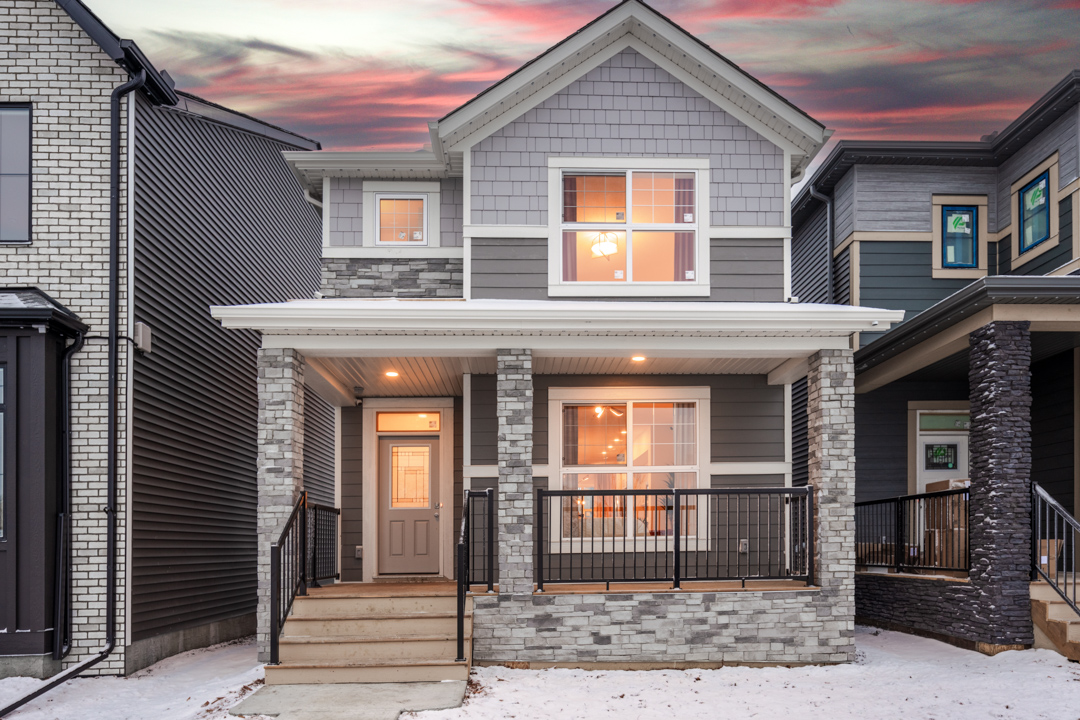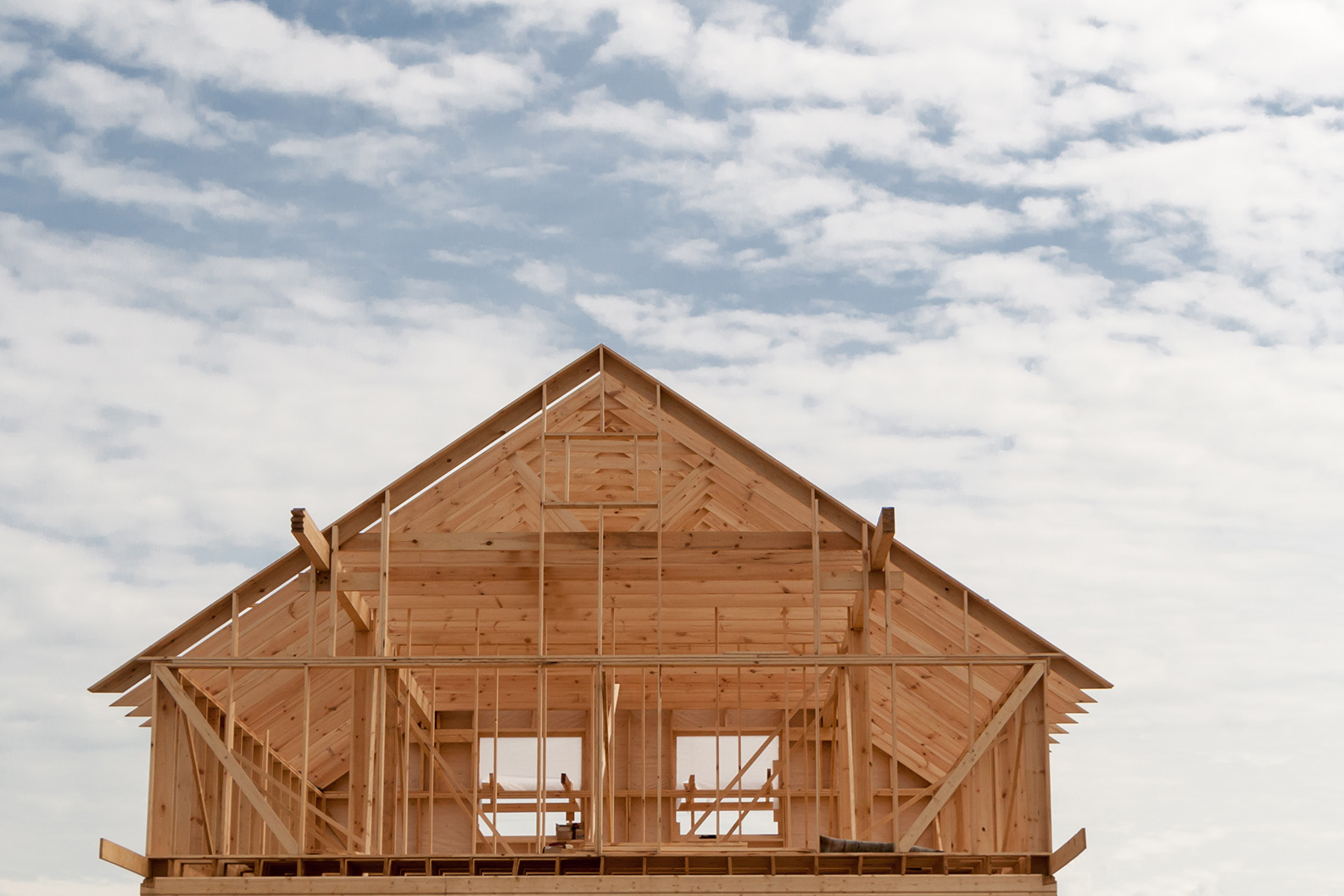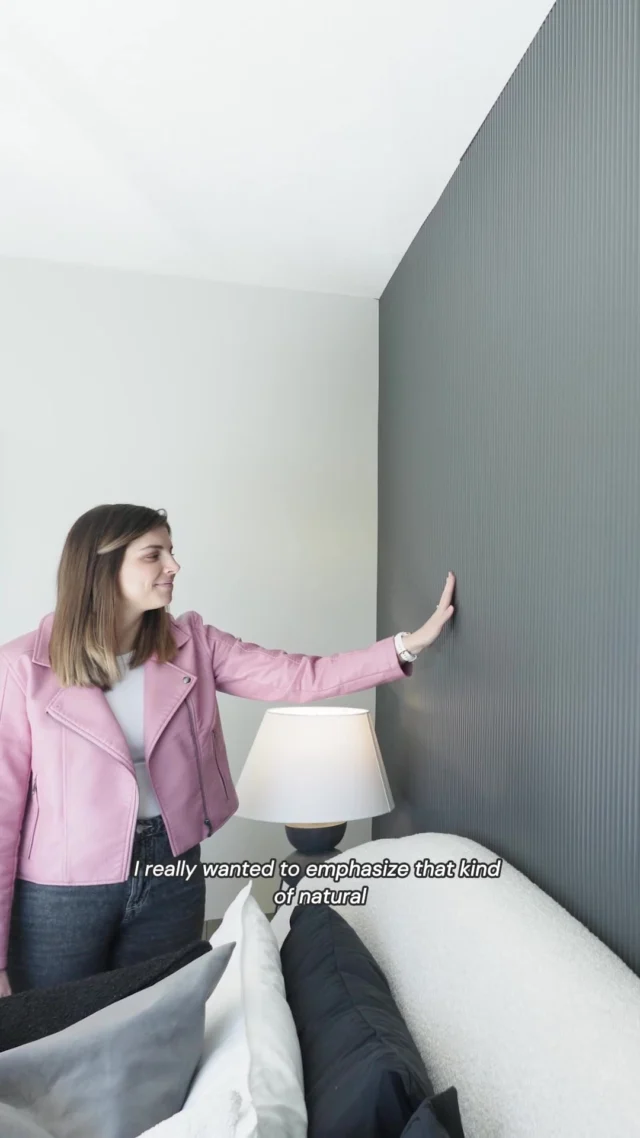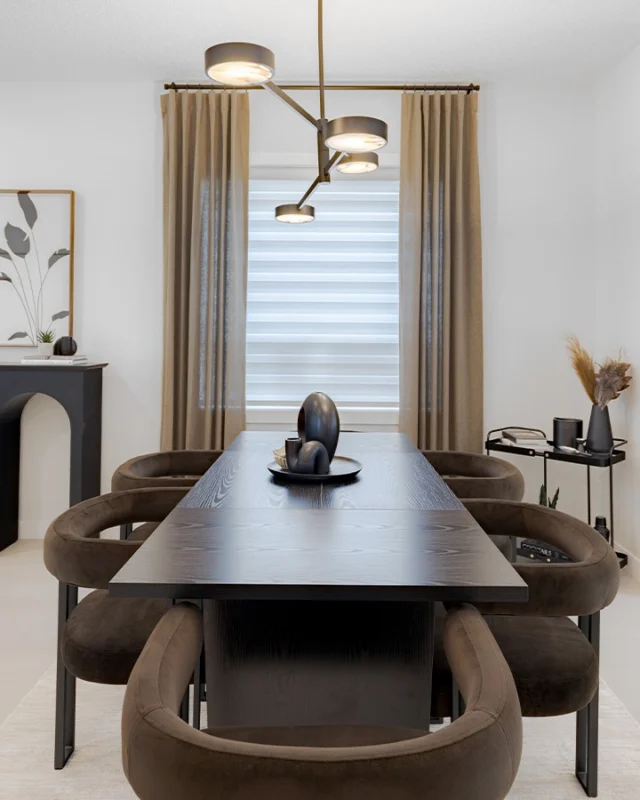Are you considering building a new home or renovating your flooring?
There are so many options when it comes to flooring – tile, carpet, solid hardwood, engineered hardwood, laminate, cork, the options and styles are endless and can often times seem daunting and over-whelming. Our Interior Design team found some great resources to help you if you are trying to decide whether engineered hardwood flooring is the way to go for you.
Laminate flooring
If you are like this blog writer who is more of a marketing gal and doesn’t know the difference between the different types of hardwood flooring, then this article from Mike Holmes will definitely be helpful to start with:
http://news.nationalpost.com/homes/mike-holmes-hardwood-solid-or-engineered
To quote Mike Holmes directly from this article:
“Solid hardwood floors are just that — they’re made from solid wood. Each board of solid hardwood flooring is made from a single piece of hardwood that’s about 3/4 of an inch thick”
“But the main problem with solid hardwood is that it shrinks and expands depending on the humidity in your home. In the winter when it’s drier, hardwood floors will shrink. When there’s more moisture in the air, like in the spring or summer, hardwood expands.”
Solid hardwood flooring
“Then there’s engineered hardwood flooring. It’s made of layers of wood, bonded together with adhesives under intense heat and pressure.”
“Because of this process, engineered hardwood flooring isn’t affected by humidity as much as hardwood. It doesn’t shrink or expand, which makes it resistant to warping and cupping. And for that same reason it’s considered very strong and stable.”
Engineered hardwood flooring
Now that you know the difference between solid hardwood and engineered hardwood, let’s learn a bit more about engineered hardwood. We pulled some myths versus facts out of this article in HomeRenovationGuide.com and made it a little quiz, because who doesn’t like a good flooring quiz every now and then?
Please click on this link to read the full article on Engineered Hardwood Flooring – Myth or Fact:
http://www.homerenovationguide.com/articles/15-engineered-hardwood-flooring-myth-or-fact
Question 1: Engineered Hardwood Flooring is Laminate Flooring – MYTH or FACT?
MYTH: Engineered hardwood flooring is manufactured with a real hardwood top layer. Laminate flooring is manufactured using a synthetic top layer (similar to plastic) less than 1 mm thick.
Question 2: Glue-Down Engineered Hardwood is more stable than Floating or Solid Hardwood Flooring – MYTH or FACT?
FACT: Glue-down engineered hardwood is more stable than floating or solid hardwood flooring because of its structure and installation method
Question 3: Engineered hardwood floors have a short life span – MYTH or FACT?
MYTH: High quality engineered hardwood floors can last up to 100 years. Glue-down engineered floors have a top hardwood layer between 3mm – 5mm. The best glue-down hardwood floors can be sanded and refinished 5 to 8 times extending their useable life to approximately 100 years.
Question 4: Engineered hardwood floors are only good for condominiums and basements – MYTH or FACT?
MYTH: Although engineered hardwood floors are ideal for the concrete sub-floors found in condominiums and basements, they are great for almost any residential application and even many commercial settings as well. In particular, glue-down engineered floors are great because they are more stable than solid wood floors and last at least as long.
Question 5: Engineered Hardwood Floors are ideal for installation over radiant heat systems – MYTH or FACT?
FACT: The two layer technology and increased stability of engineered glue-down hardwood floors makes them the ideal choice for use over radiant heat systems.
Question 6: Engineered Hardwood Floors are less expensive then solid wood floors – MYTH or FACT?
MYTH: Engineered wood floors range in price from approximately $4 per square foot to as much as $30 per square foot. Floating wood floors are relatively less expensive than glue-down products. The top layer of hardwood is typically thinner then with glue-down products so there is a cost savings. As well, the material for the support layer is often less costly and easier to produce so the material and production costs are lower.
Are you still wondering if engineered hardwood flooring is the way to go? Let’s close with this quote from Mike Holmes, “I love engineered hardwood, but as with everything else, you need to do your homework. Talk to the pros, ask the right questions and always follow manufacturers’ instructions on proper installation and maintenance.”
At Shane Homes we are fond of hardwood flooring as are our customers and our Interior Design Team uses it quite often in our showhomes:
King’s Heights in Airdrie Andorra II Showhome – solid hardwood flooring. You can view Showhome Design Selections including flooring on our Showhome Page.
Tofino Showhome in Cranston in SE Calgary- engineered flooring Please visit our Showhome Page for Design Selections including flooring.
Tofino II Showhome in Hillcrest in Airdrie – Engineered Hardwood Flooring Please visit our showhome page for Showhome Design Selections including flooring.












![Buying a home is a huge milestone, and we want to make sure you are fully prepared before you start this exciting journey.
Some frequently asked questions we hear from homebuyers are:
“Where do I start?”
“Do I need a pre-approval?”
“How much can I comfortably afford?”
These are big questions, and getting clear answers early can make everything that follows feel far less overwhelming.
We sat down with Kent Chapman from @mortgagetreeyyc to talk about pre-approvals and why they matter.
If you are thinking about buying your first home or making a change, this is a great place to start. A little preparation now can help you feel informed, supported, and ready for what comes next.
WATCH THE FULL VIDEO ON YOUTUBE [link in bio]
#homebuying101 #mortgagebasics #firsttimehomebuyer #calgaryhomebuilder #calgary](https://www.shanehomes.com/wp-content/uploads/sb-instagram-feed-images/613550665_18555935707032008_8039394340533241457_nfull.webp)





